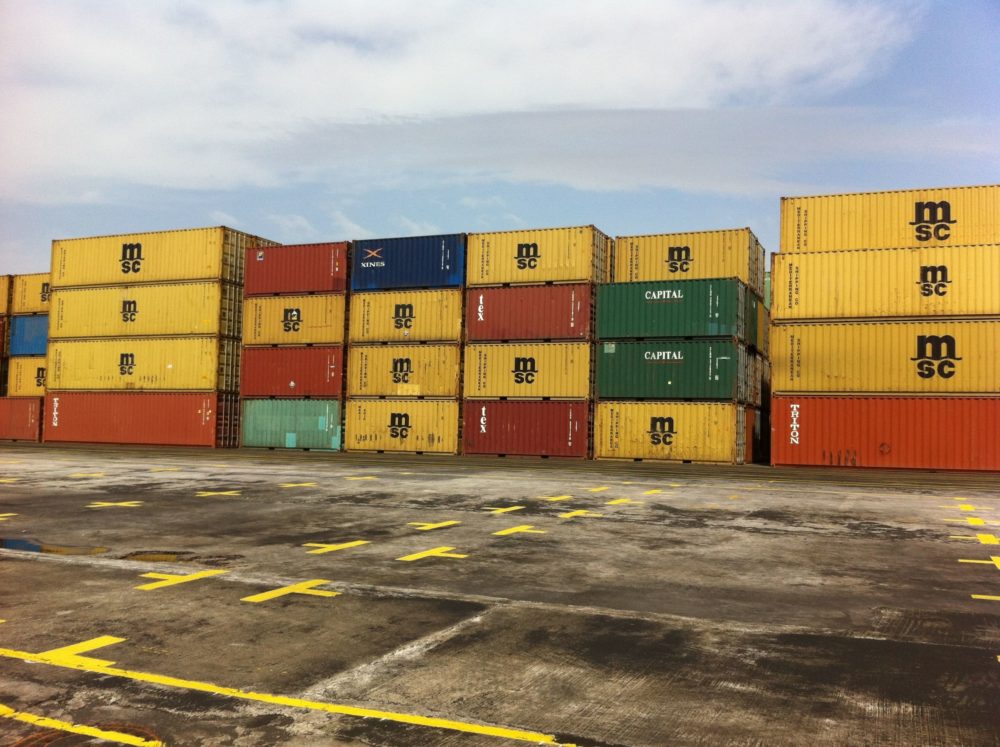We have compiled a list of the most interesting case studies written recently about possible and current evolutions in the shipping industry. You can find and read all these articles on Port Technology’s website.
A big expansion project was initiated in 2006 in the third largest container port in Sweden. The case study written about this project highlights the material used to build new land. Indeed, contaminated sediments were used. More than the use of contaminated sediments, the results and the environmental benefits are featured. This project allowed the construction of a 390 000-square-foot expansion. By using dredged sediments and through stabilization and solidification process, the Port of Gävle has reduced its requirements for new materials and therefore its requirement for metarials transportation.
Drewry Maritime Research is a consultancy and publishing organization in the maritime field and Neil Davidson, one of its analysts, wrote an case study about terminal automation. As of today, 44 of the 1300 operational container terminals around the world are automated. Most of them are the outcomes of new projects. This study case focuses on optimizing existing terminals. Besides, statistics are exposed and explained, about automated, semi-automated and non-automated container terminals and their will to get automated.
This article is based on a study published by Trelleborg Marine Systems, specialized in measurement, communication and safety systems for ships and other marine installations. Automation and increasing rates of information treated are part the changes induced by the Big Data in the shipping industry. This case study focuses of the opportunities given by the Big Data and what the benefits are in the long term. The most interesting opportunity is the interface between the ship and the port. Big Data would allow operations to be more efficient, productive and sustainable. Besides,Trelleborg MarineSystems predicts that big data analytics will be one of the transformational technologies the most used in the maritime industry by 2030.






